Over the last few weeks, there has been plenty of discussion around the fate of North America’s tier-two League of Legends scene. The viability of such a system in the region’s current ecosystem has been put under a microscope, especially after Riot Games removed a mandate requiring LCS teams to field a Challengers League roster. Unsurprisingly, hope is dwindling for the region’s path-to-pro system.
Luckily for aspiring pros, one major organization will continue its support for tier-two competition: Team Liquid. The team’s CEO Steve Arhancet released a lengthy video in which he discussed the team’s ongoing support of NA’s tier-two scene, saying that Academy is a crucial component for the development of talent in the country.
“I truly believe in what Academy was set up to do when it was originally constructed,” Arhancet said. “[Academy] was going to be a path-to-pro for folks throughout North America to develop, and have that clear line-of-sight into becoming a pro in LCS. From my perspective, protecting that path-to-pro is of paramount importance.”
Unfortunately, the Academy and tier-two scene has also shifted significant with its usage, including a bigger mix of veteran players joining up with true rookies on these rosters. According to Arhancet, less than 17 percent of players entering the LCS are from Academy systems, which he says is far too low a number when compared to how much backing some teams dedicate on a yearly basis.
Arhancet also raised concerns about how many players joining Academy and LCS teams do so through connections instead of pure abilities and skills. It has become more important to connect with general managers and current and former pro players since that has a higher chance of getting you into the system.
Related: ‘No viewership, no support, no future’: LCS Players Association responds to Riot’s NACL plan
Instead, Arhancet believes the league should have a straightforward way to evaluate players, and that there should be systems in place to figure out if a player is ready for the LCS based off quantifiable metrics and marks with aspects like communication, intelligence, champion pool diversity, and more. Steve also called on Riot Games to work with teams to improve how talent is assessed in the league, including a possible scorecard that can separate the regular solo queue stomper from a potential LCS pro.
There were some solutions that he brought up to solve other issues, including the possible move to permanent remote play for the Challengers League to cut housing costs in California. He said this would help alleviate the pressure on LCS teams, which he claims aren’t getting enough of a return-on-investment with running a Challengers League team. Arhancet said that teams were collectively spending around $5 to 7 million on Academy support per year.
Ultimately, some teams have already decided to pull out of the NACL, including TSM and Immortals.
it will be a long process to revamp the tier-two scene in NA, but hopefully, organizations will see the value in supporting our homegrown talent moving forward.



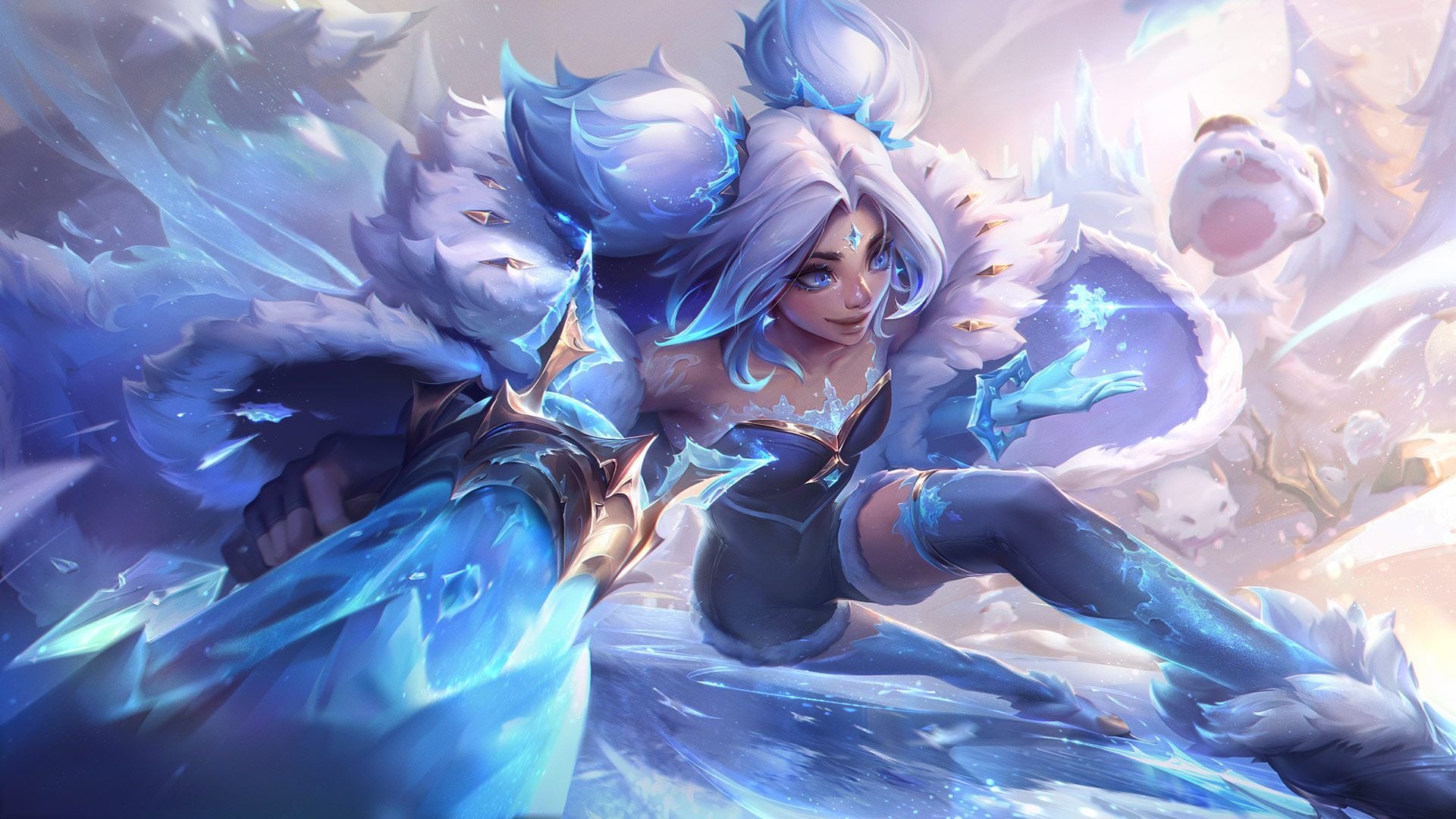

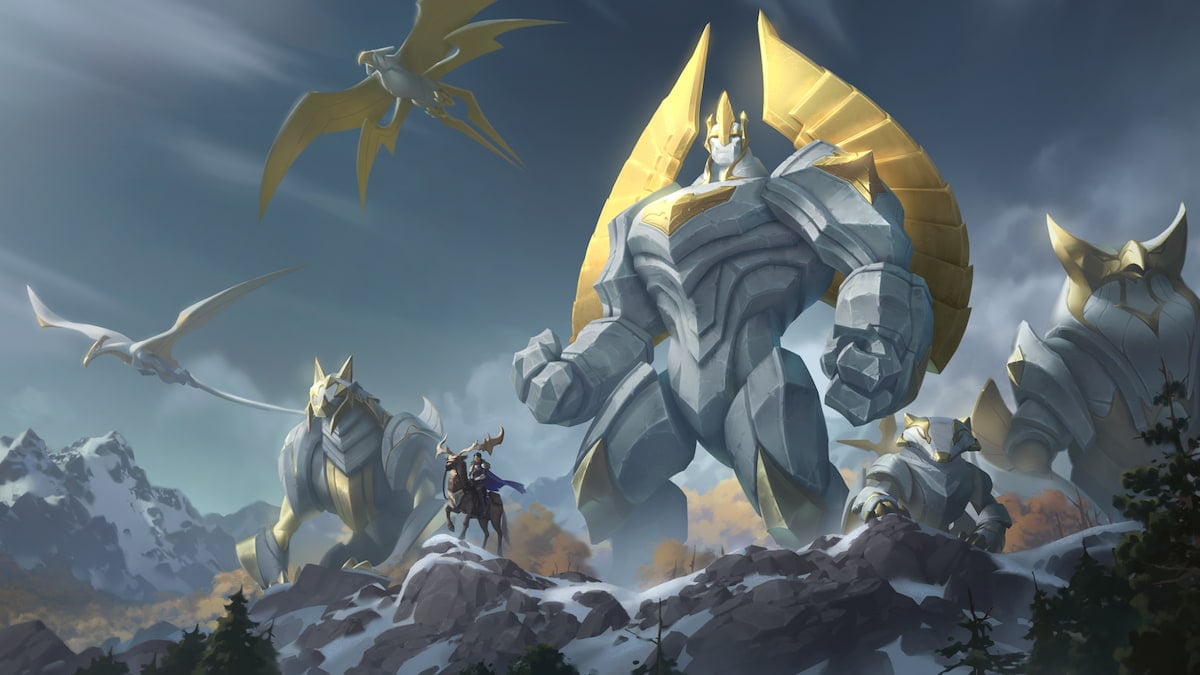
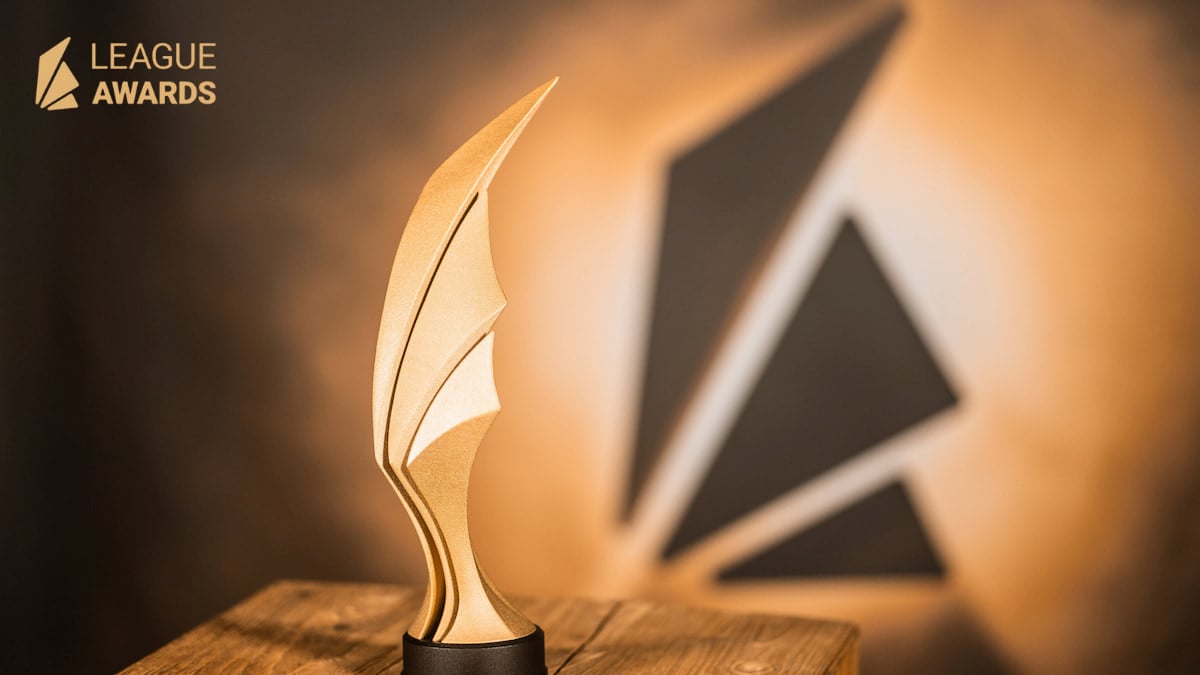
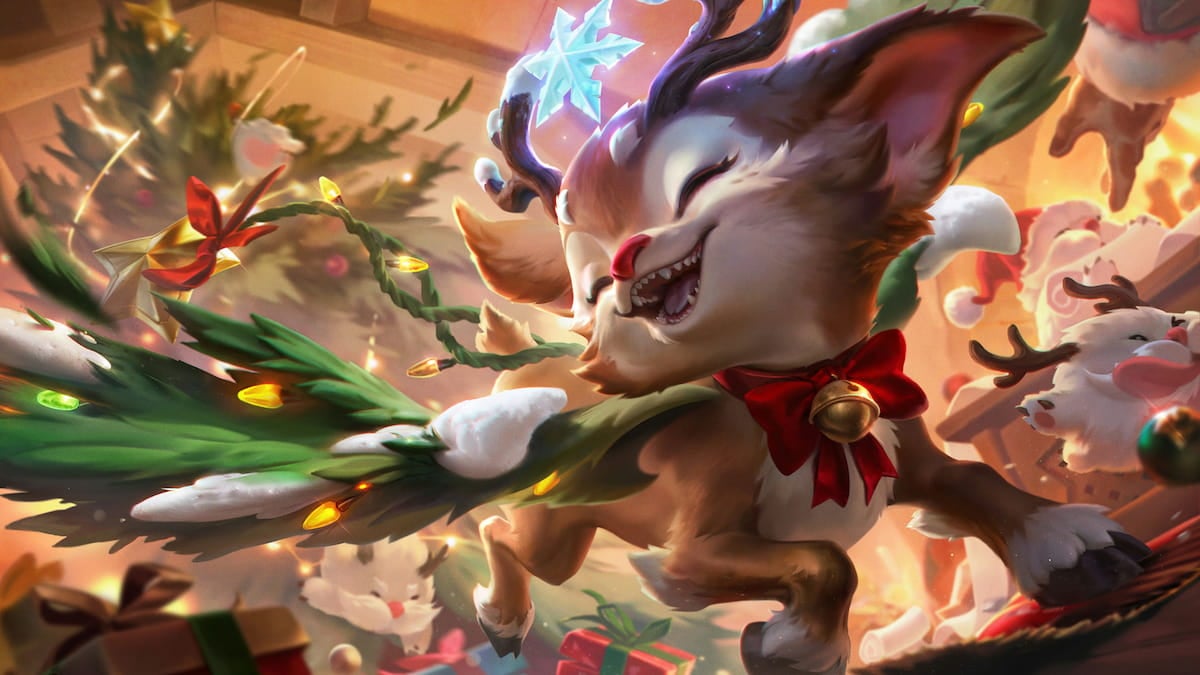

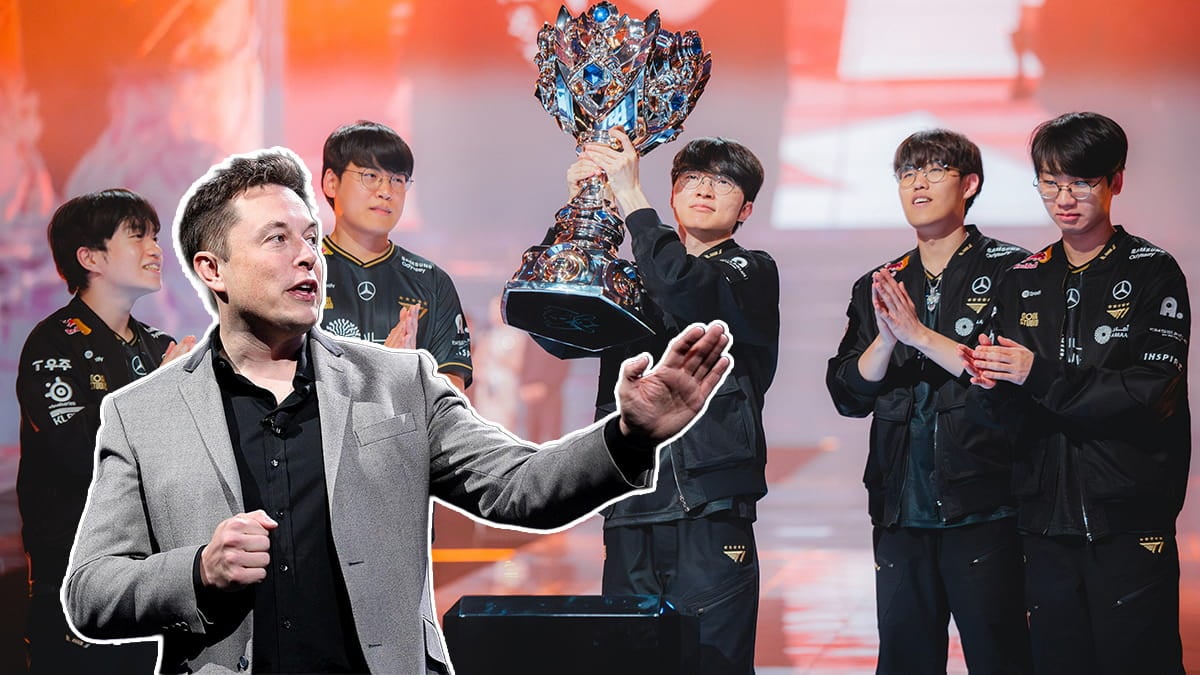
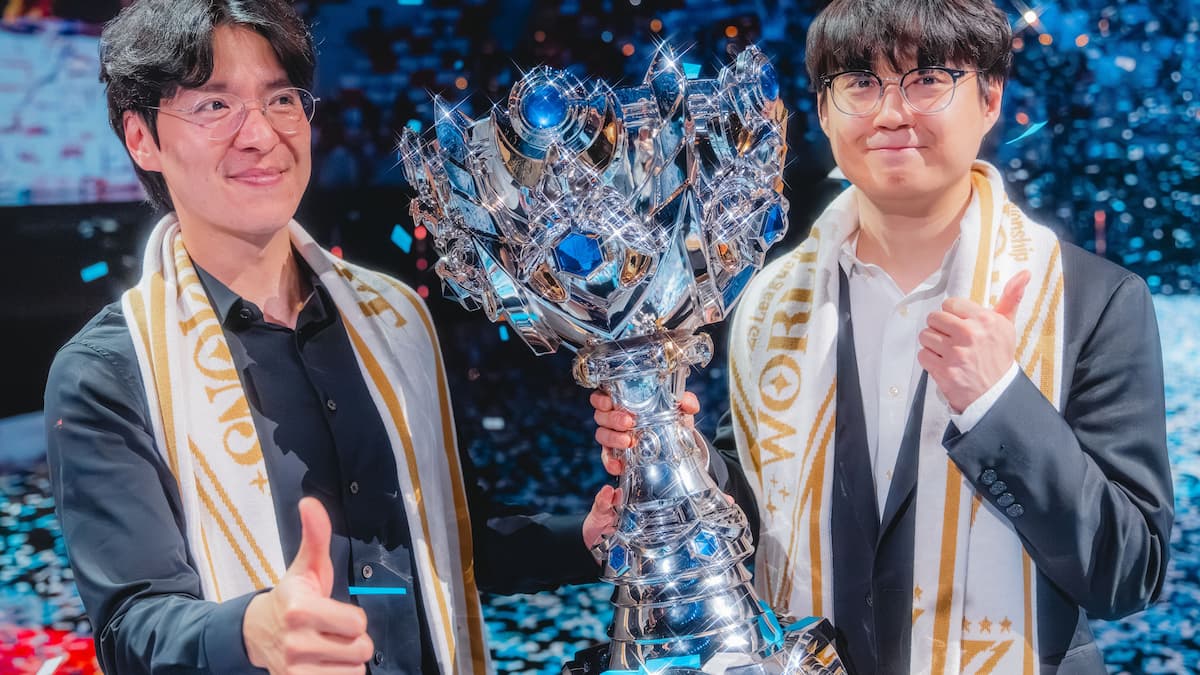
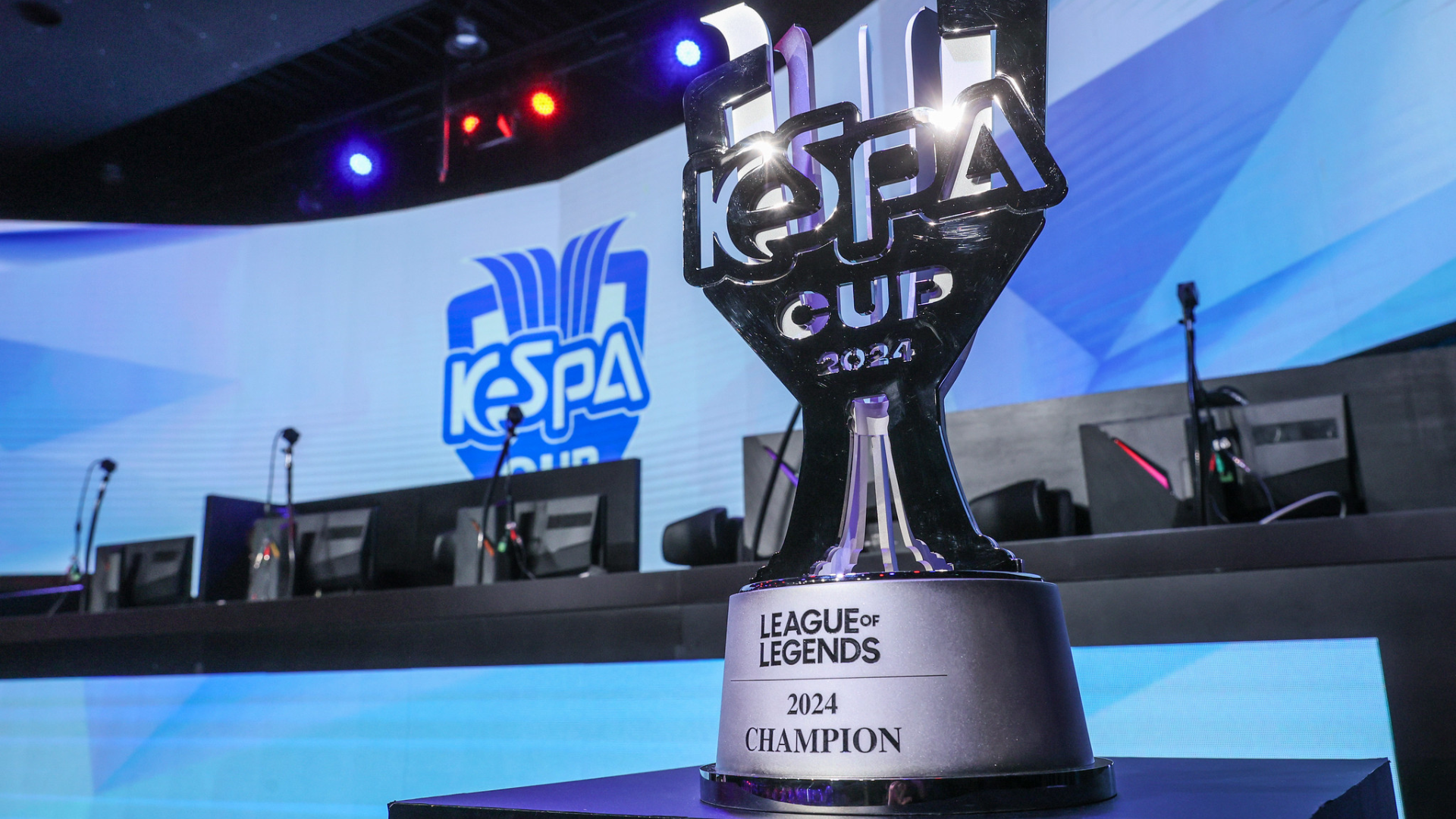

Published: May 17, 2023 12:28 pm